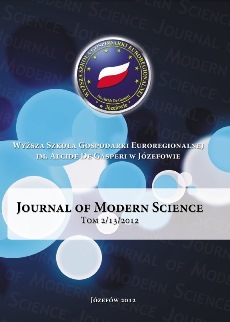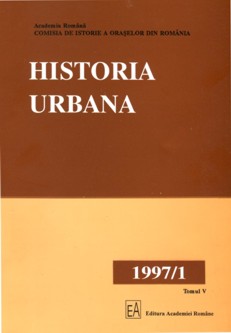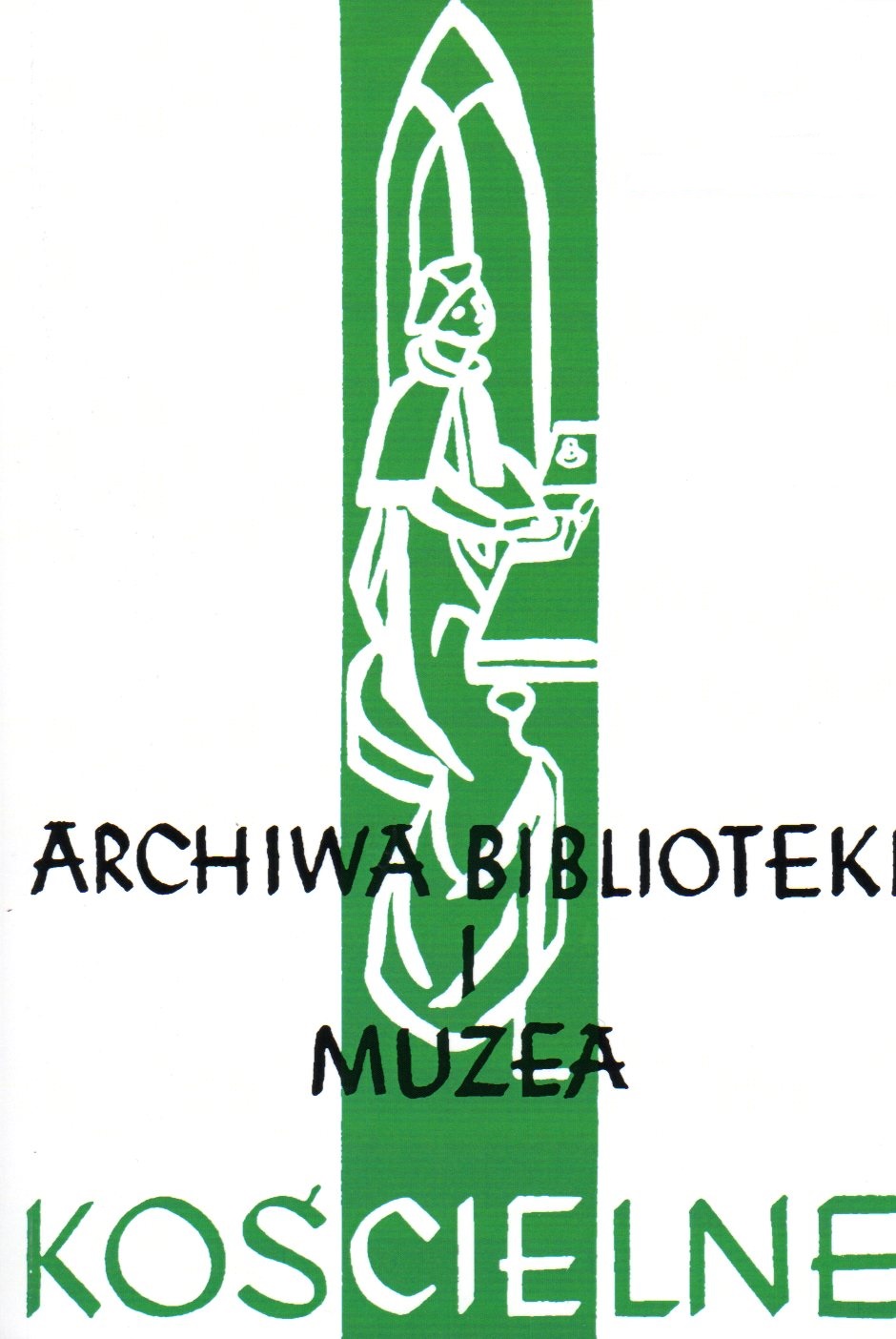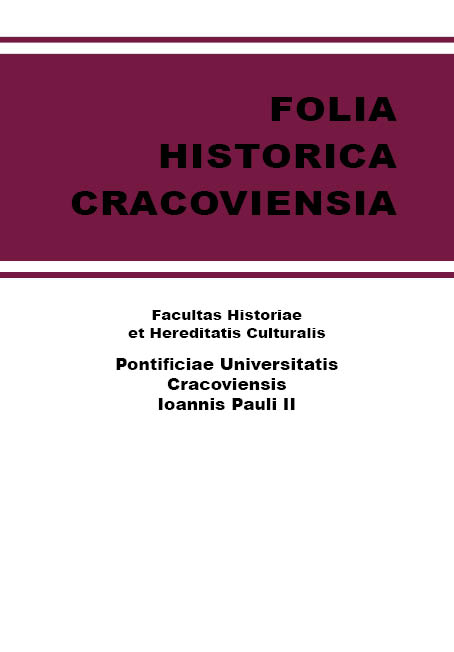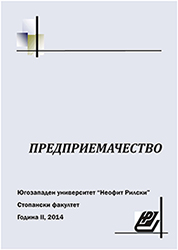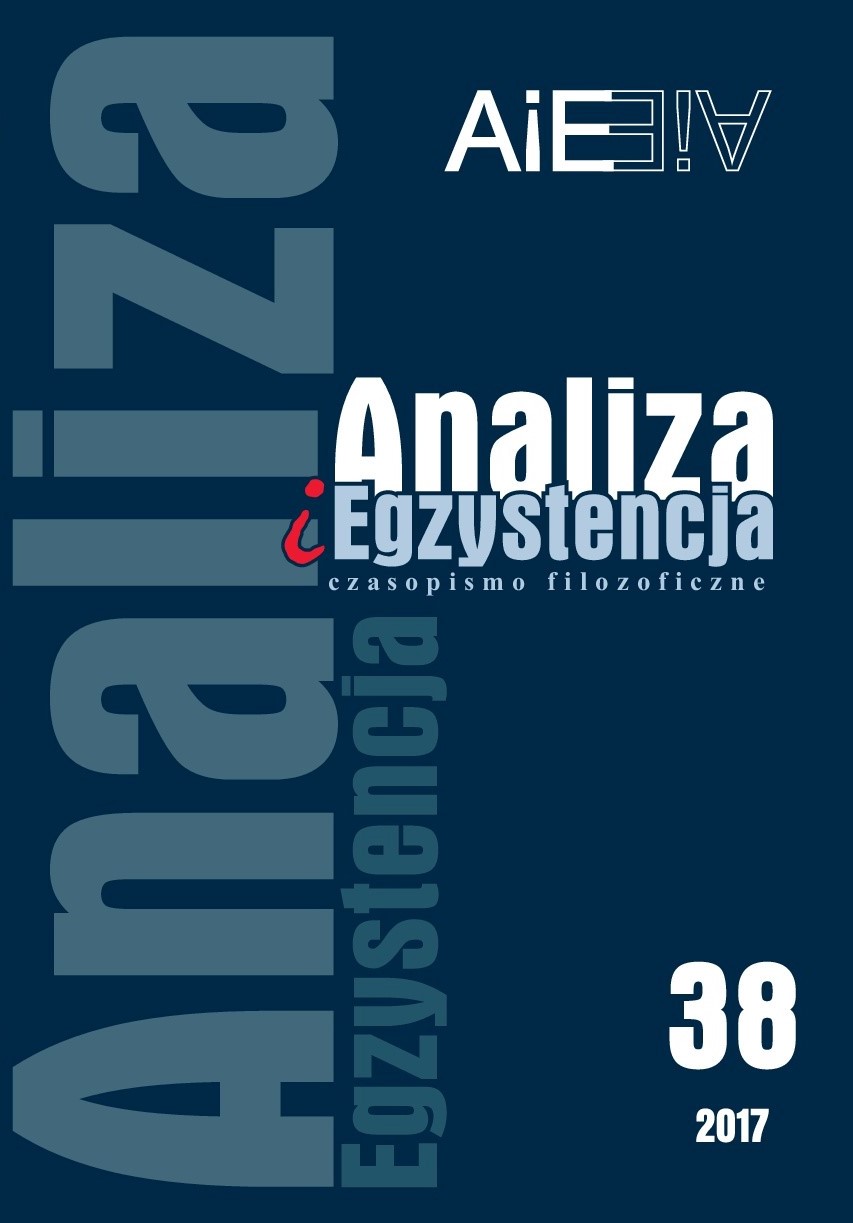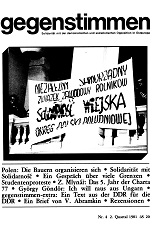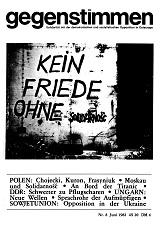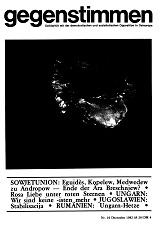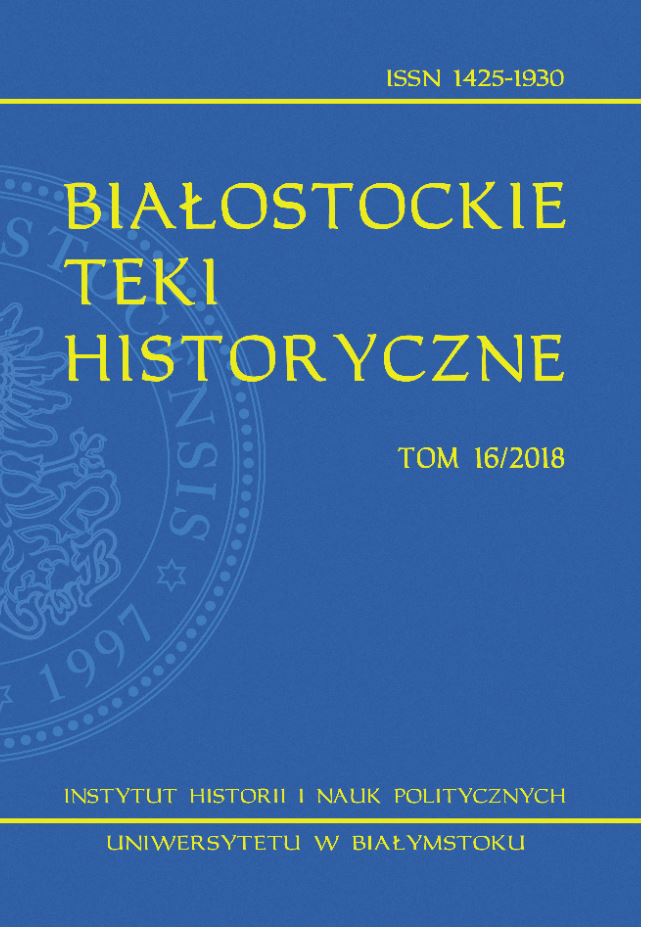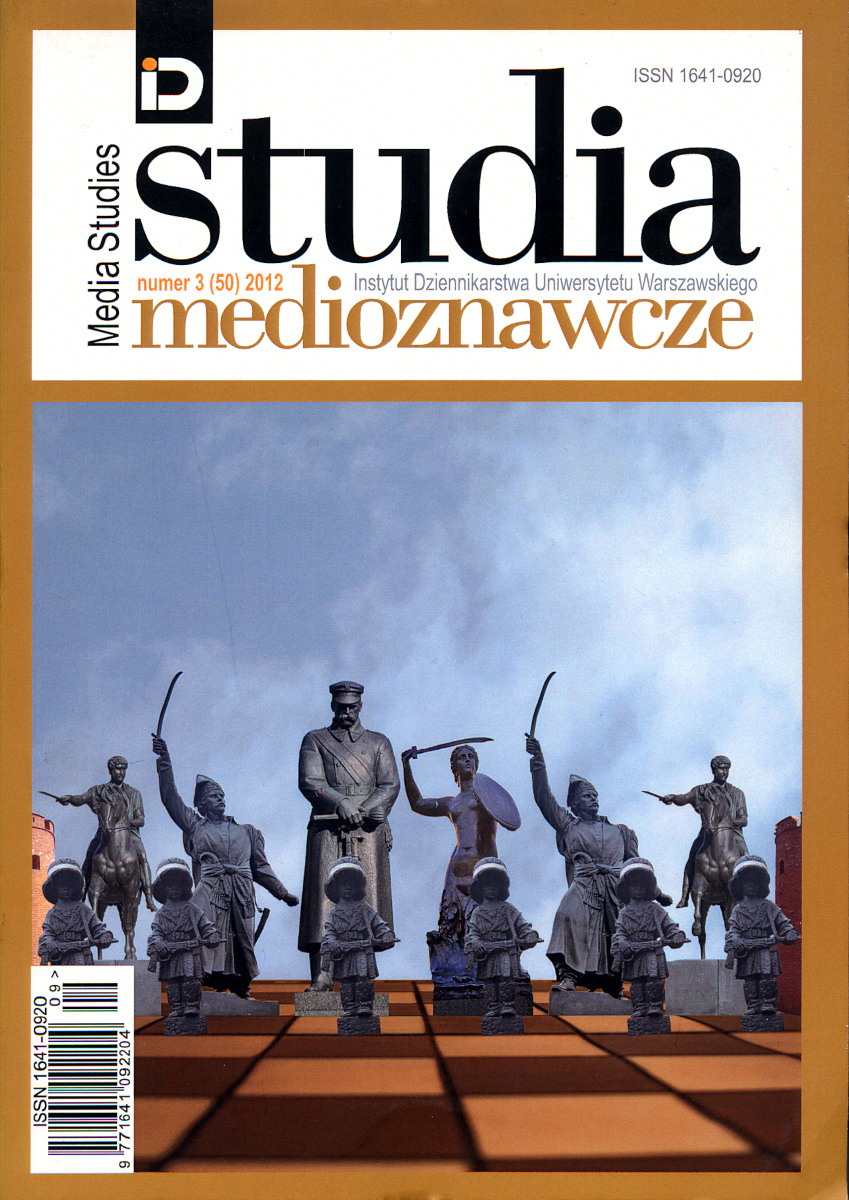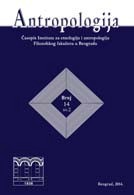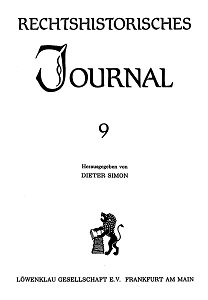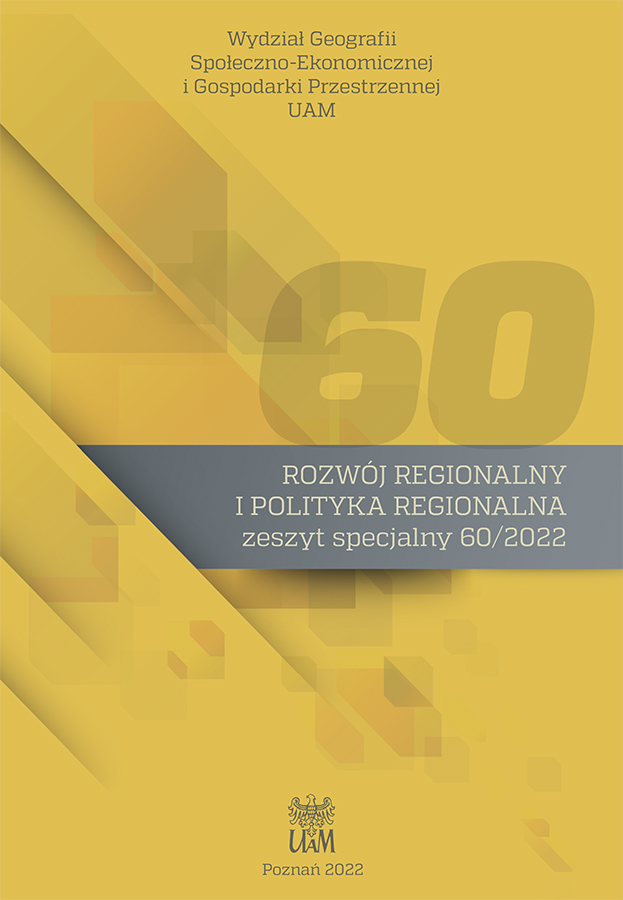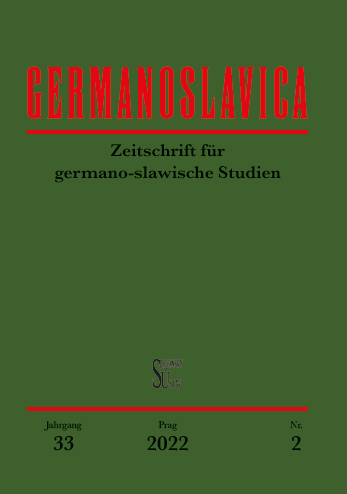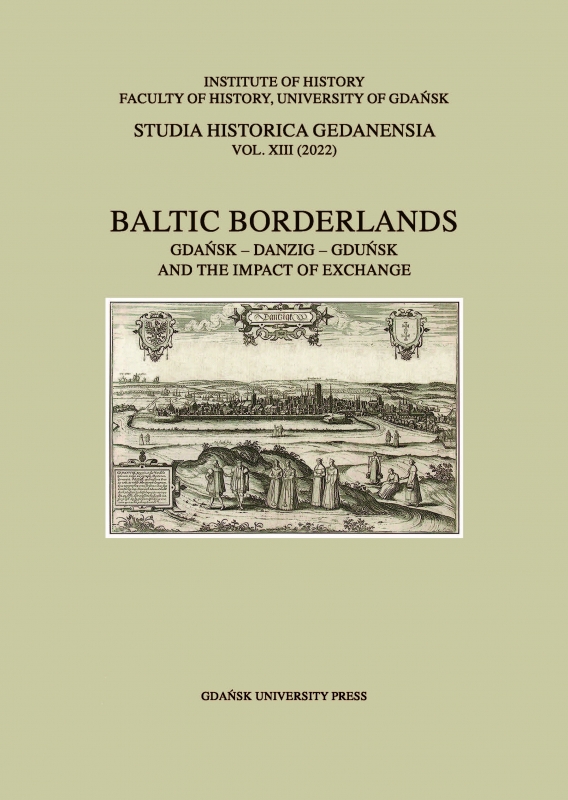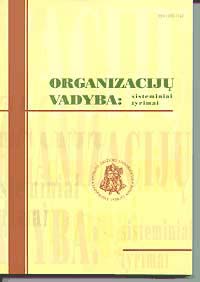
Regional Impact Models: Problems of Application in Lithuania
Regional Impact Models: Problems of Application in Lithuania
Keywords: regional research; regional economy; regional impact models; regional economic modelling. regioniniai tyrimai; regioninė ekonomika; poveikio regionų ekonomikai modeliai; regioniniai modeliai; regioninis ekonominis modeliavimas
The article reviews available methods for assessing regional economic impact identifying their key assumptions, strengths, and limitations. Furthermore, empirical research on application of the methods in practice is studied and certain recommendations for choosing regional modelling tools for Lithuania are provided, highlighting major organizational and political factors which should be considered in the selection process.
More...
